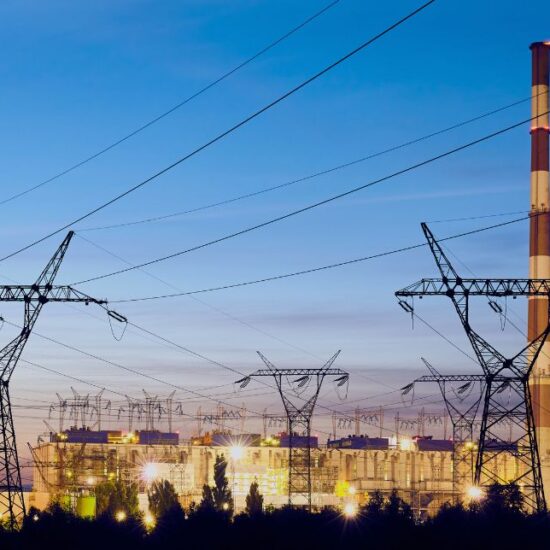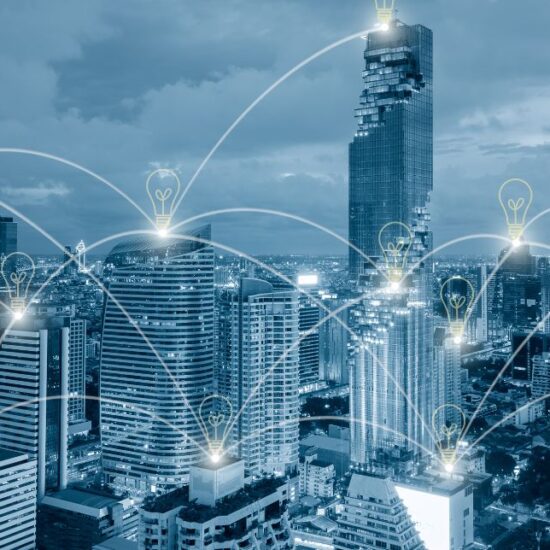Challenges of Transition and Modernization of the Brazilian Power Grid: Infrastructure, Regulation, and Resilience
The energy transition — the migration from a system mostly based on conventional sources to a model with increasing participation of clean, distributed, and intermittent energy — requires much more than adding new solar plants or wind farms.









